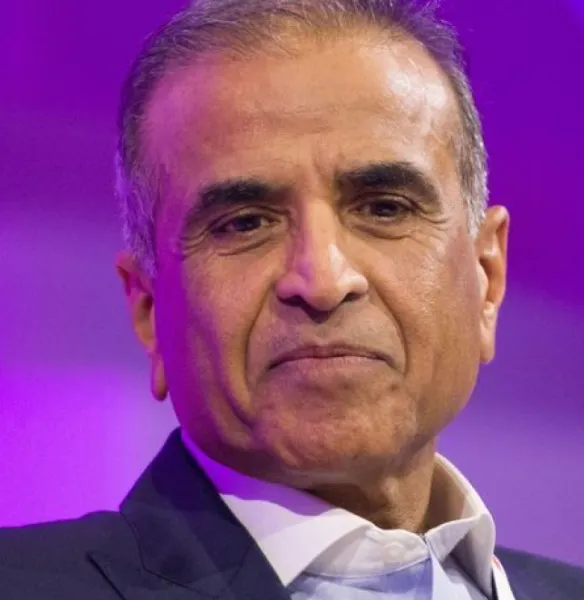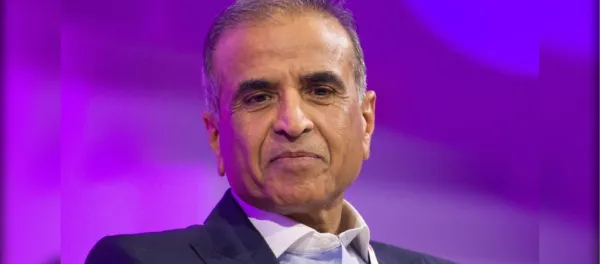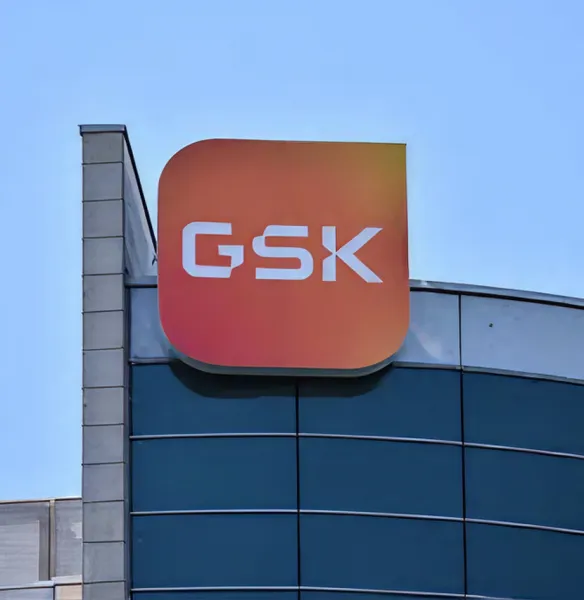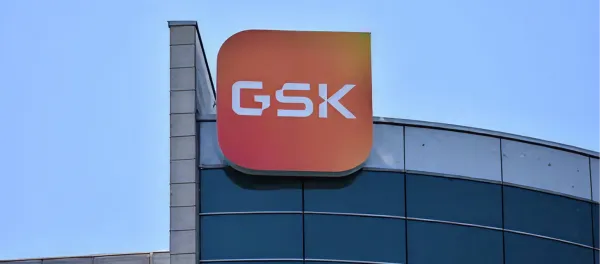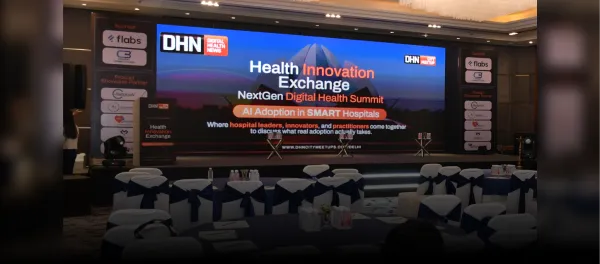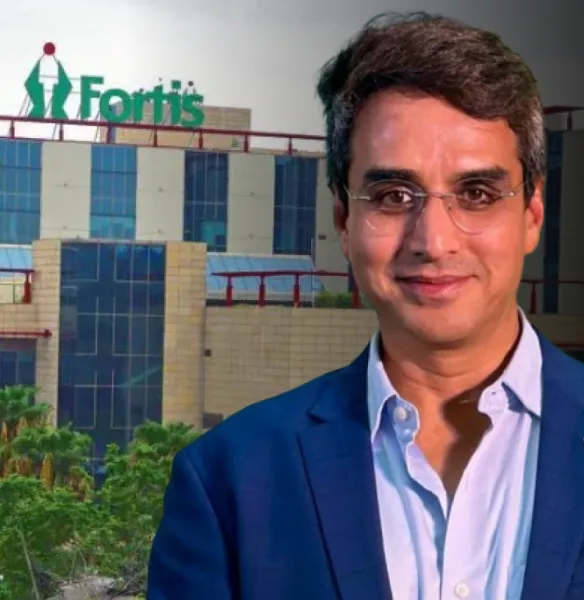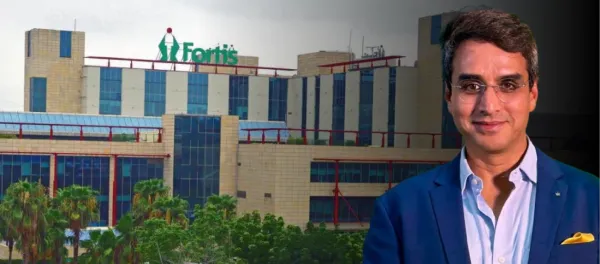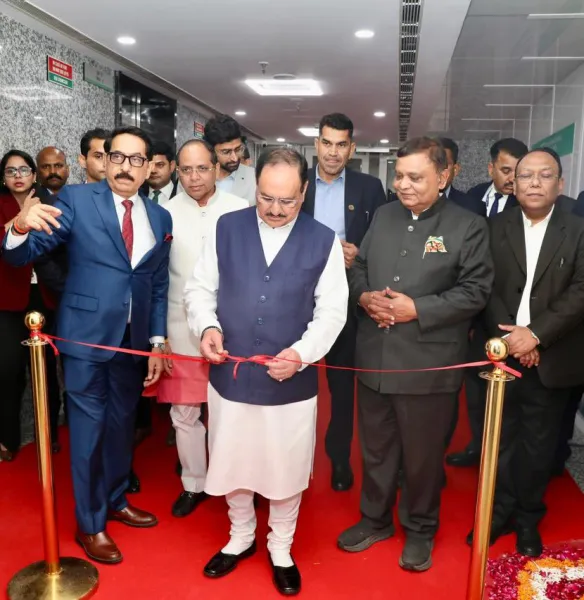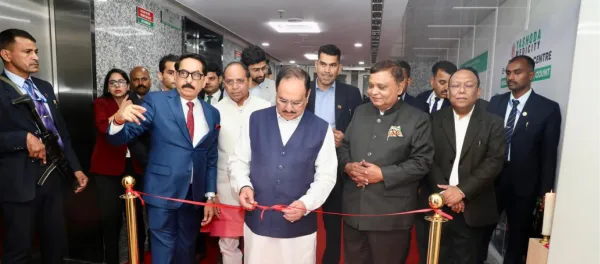India’s Health Budget Quadruples in 11 Years: Amit Shah
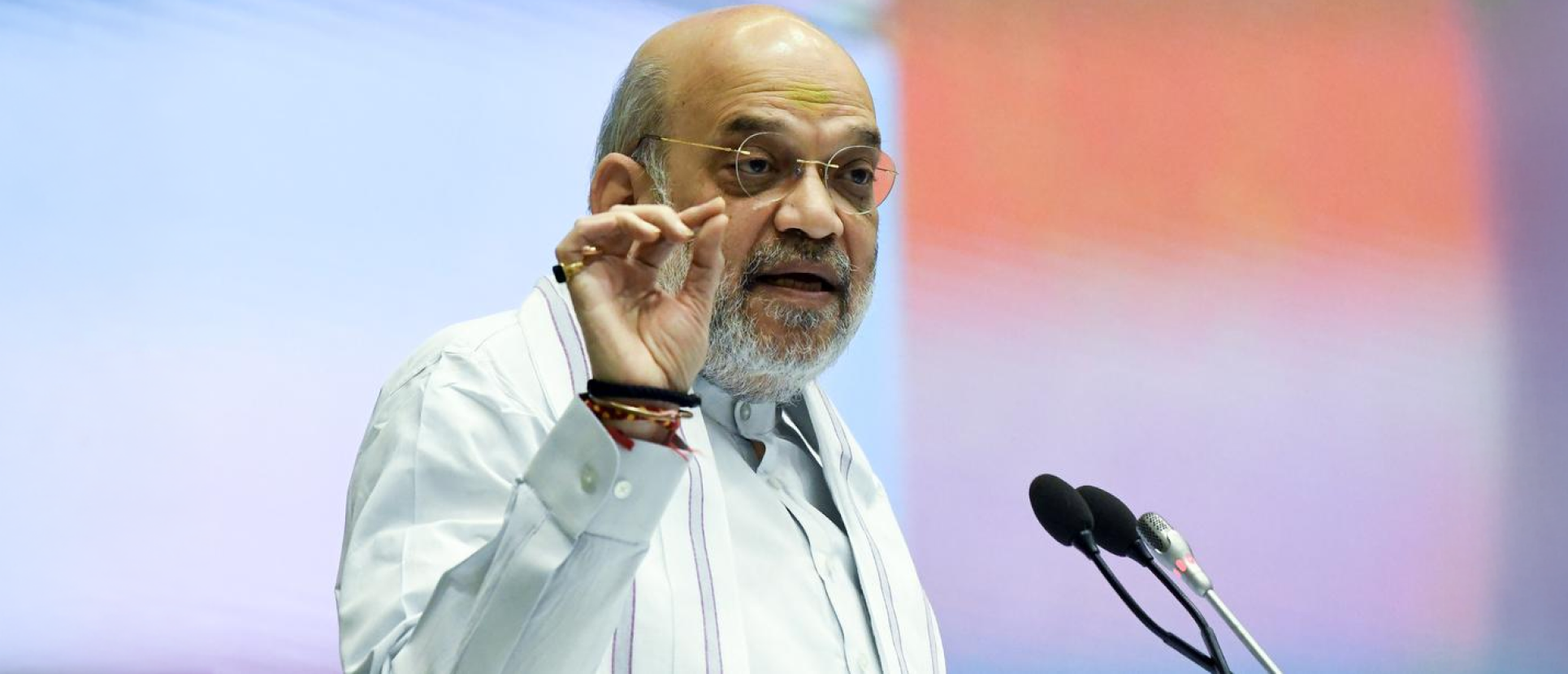
He highlighted how the health budget, which stood at INR 37,000 Cr before 2014, has now been raised to INR 1.37 trillion in the 2025-26 budget under the Modi government.
Union Home Minister Amit Shah has said the Narendra Modi-led government has adopted a holistic, well-planned approach to improve the health of India’s citizens.
He was speaking at the ground-breaking ceremony of the Poona Hospital and Research Centre (PHRC) Health City project in Pune.
Shah pointed out that significant emphasis has been placed on every health initiative, particularly medical education and research. He highlighted how the health budget, which stood at INR 37,000 Cr before 2014, has now been raised to INR 1.37 trillion in the 2025-26 budget under the Modi government.
Later in the day, Shah inaugurated the Jairaj Sports and Convention Centre, built by the Shri Poona Gujarati Bandhu Samaj. He noted Pune’s historic leadership in fields like knowledge, nationalism, and social reform, calling it a city that continues to set benchmarks for the nation.
Days back, Shah inaugurated the BGS Medical College and a 1,000-bed super-specialty hospital in the new Bengaluru campus of Adichunchanagiri University. The project, built at a cost of INR 200 Cr on 17 acres, was developed by Sri Adichunchanagiri Mahasamsthana Math.
The Home Minister also spoke about major strides in public healthcare under Ayushman Bharat, noting that “Today, 60 crore people from poor sections of society receive free medical treatment up to INR 5 lakh under the Ayushman Bharat scheme.”
He further listed initiatives like the Fit India Movement, International Yoga Day, Poshan Abhiyan, and the establishment of 15,000 outlets providing generic medicines at affordable prices.
On medical education, Shah added, “Earlier, the country had only seven AIIMS institutions; now there are 23. The number of medical colleges has increased from 387 to 780. MBBS seats have grown from 51,000 to 1.80 lakh, and postgraduate medical seats have increased from 31,000 to 74,000.”
Stay tuned for more such updates on Digital Health News









